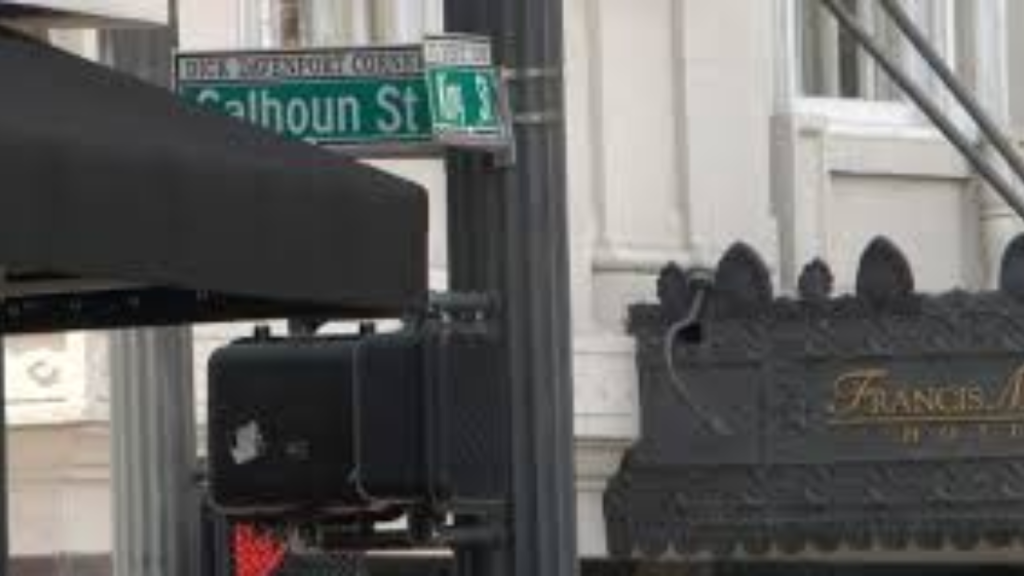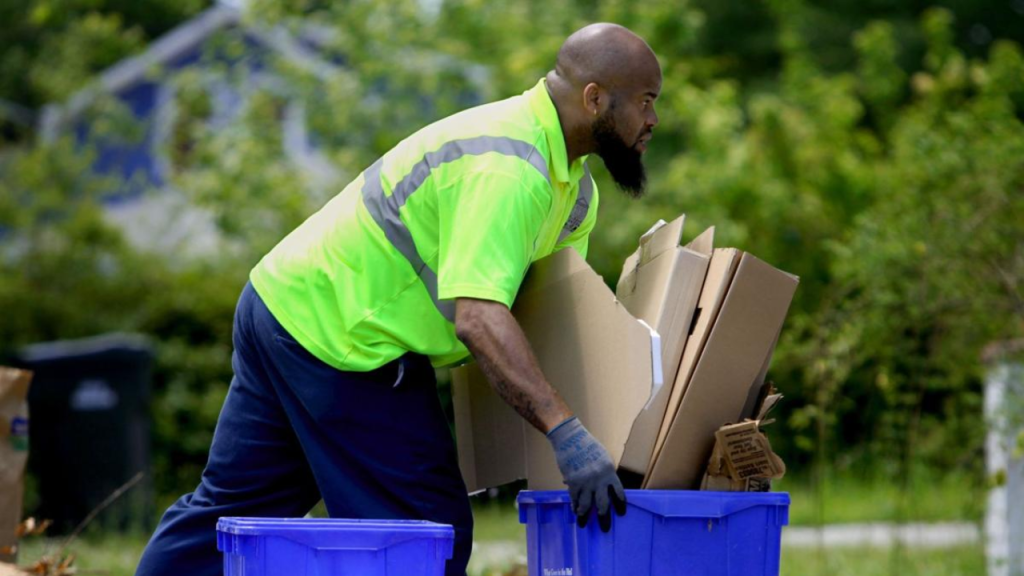
A growing number of local business owners in downtown Charleston, especially along the busy King Street corridor, are voicing frustration over the declining cleanliness and upkeep of the area. What was once a thriving, picturesque destination for locals and tourists alike is now becoming a source of concern for those who rely on it for their livelihood.
Harris Cohen, owner of Bubbies Cookies and Treats, has been at the center of the growing discontent. His shop, situated in the heart of downtown, has faced ongoing challenges including public urination, graffiti, and litter — even during business hours.
Cohen’s complaints are echoed by other small business owners who say the city’s downtown area is not receiving the attention or maintenance it deserves, despite being a major commercial and tourist hub.
Ongoing Issues Despite Improvement Efforts
In response to concerns raised by merchants like Cohen, the King Street Business Improvement District (BID) was formed. Its goal is to enhance the quality of life and commerce in the downtown area through organized maintenance and community engagement.
Kathleen Barrett, a spokesperson for the district, acknowledged that while there have been some improvements, several issues persist.
Barrett also pointed out that narrow sidewalks and limited enforcement options make it harder to tackle the problems effectively. The BID is actively trying to address these concerns, but progress remains slow.

Public Reaction: Is the Situation Overstated?
Charleston residents remain divided on the severity of the issue. Some argue the concerns are being blown out of proportion, especially when compared to major metropolitan cities that face much higher rates of crime, homelessness, and urban decay.
However, others believe that while the problems may not yet be extreme, their growing presence could spell trouble for Charleston’s image as a historic, clean, and welcoming city.
The City’s Response and Resource Challenges
Charleston city officials are aware of the situation and say they are working on long-term infrastructure and community-based solutions. However, current efforts are constrained by limited resources.
Cleaning and law enforcement efforts are already stretched, and addressing the increasing needs of the downtown core is a complex balancing act. In many cases, private property maintenance — such as removing graffiti — falls on the business owners themselves, creating tension between merchants and city authorities.
Residents and businesses have been encouraged to report ongoing issues through the city’s official reporting systems. For more details or to file a public service request, citizens can visit the City of Charleston’s official website or reach out to the South Carolina Department of Commerce for broader support regarding local business and economic development.
What’s Next for King Street?
While initiatives like increased patrolling and improved communication between businesses and city officials are steps in the right direction, many believe a more aggressive approach is necessary. Some business owners have suggested stricter enforcement of public ordinances, larger investments in public sanitation, and even tax incentives for businesses that assist with maintenance.
Until then, merchants like Cohen continue to raise awareness in hopes that the city’s leadership takes faster, more visible action to restore Charleston’s downtown charm.
